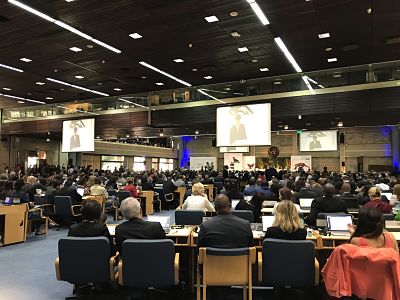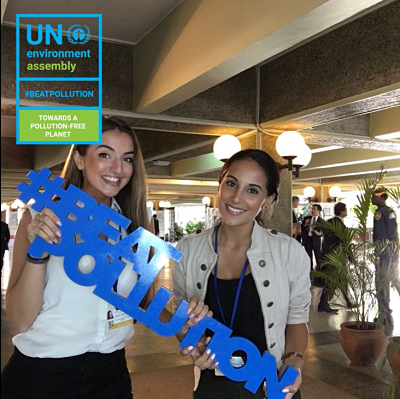As EU member states, regional and local authorities prepare to implement the revised Ambient Air Quality Directive (AAQD), this briefing by the Health and Environment Alliance (HEAL) argues that decision-makers and authorities should pay particular attention to addressing socio-economic inequalities in their clean air efforts. The swift transposition and implementation of the new rules, with strengthened administrative collaboration and the full utilisation of financial support schemes, promise significant progress towards cleaner air across Europe. Improved air quality will be beneficial to everyone and contribute to preventing health inequalities for those living in socioeconomically disadvantaged areas.
This year’s UNEA3 was all about health and pollution under the theme ; ‘Towards A Pollution-Free Planet’. For the first time, HEAL sent a delegation to Nairobi: Vijoleta Gordeljevic and Eva Takaria, who represented HEAL in engaging in discussions with civil society and governments on some of the most important resolutions for our health. Click here to see our kick-off video we took in Nairobi at the start of the Assembly.

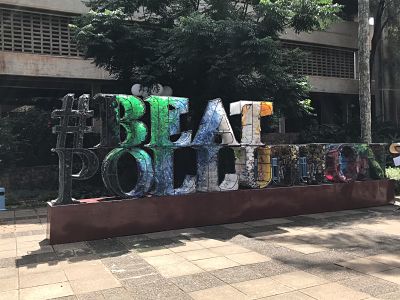
The United Nations Environment Assembly is the world’s highest-level decision-making body on the environment. It addresses the critical environmental challenges facing the world today. The Environment Assembly meets biennially in Nairobi, Kenya to set priorities for global environmental policies and develop international environmental law. This year’s UNEA3 took place from 4 to 6 December, with many side events leading up to the Assembly in which HEAL participated in.
Health turned out to be a key focus of many high level discussions during the Assembly. Findings from both the WHO and the recent Lancet Commission on pollution have often been referred to, and attention was widely drawn on the need to focus on the link between health and pollution and using health as an accelerator for global action to beat pollution. Many solutions focused on individual-based actions to tackling pollution instead of the need to drastically reduce and move away from fossil fuels and hazardous chemicals use and hold both governments and corporations accountable. HEAL underlined the need for large-scale efforts and government policies and laws to beat pollution.
Putting much effort in social media activities during our attendance at UNEA3, HEAL filmed interviews with many participants about their message on ’What does it take to beat pollution’. We’ll publish the replies for you soon!
Global Major Groups and Stakeholders Forum, 27 – 28 November 2017
Civil society hosted the Global Major Groups and Stakeholders Forum at its 17th session, which aimed to facilitate the preparations of civil society input to the Assembly, discussing the main UNEA themes in a multi-stakeholder setting.
HEAL was delighted to meet many NGOs working on health and environment issues in Asia, Africa, and South America, and to discuss and share with others on how to use the health argument and public health voices for global anti-pollution work.
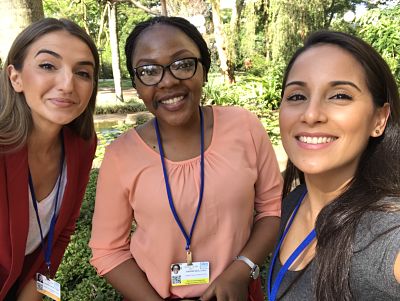
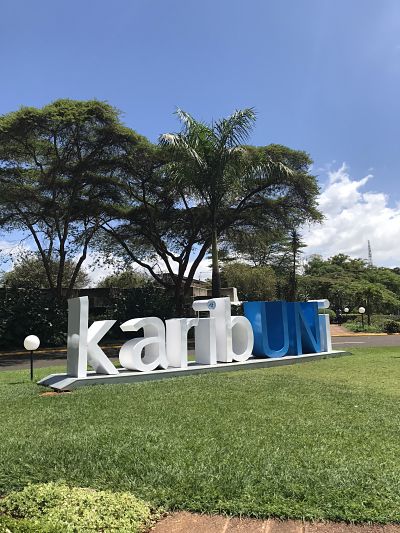
Science-Policy and Business Forum for the Environment, 2 – 3 December 2017
Following the Civil Society Forum, on 2 and 3 December the Science, Policy and Business Forum took place under the theme, ’Science for Green Solutions’. Here, civil society had less space and business prominently entered the scene. To illustrate, the head of UNEP Erik Solheim stressed the need to engage with business as governments could not do without, and business representative Norine Kennedy called for people to stop using the word pollution and rename it to e.g. ‘reducing waste’ as “the term pollution would be toxic for business reputation”. This suggestion was not met with much enthusiasm.
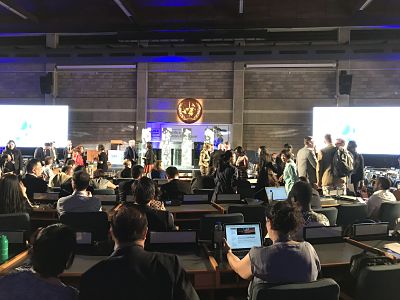
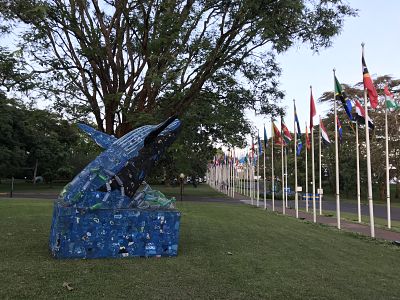
United Nations Environment Assembly, 4 – 6 December 2017
The air in many of the worlds’ cities has become unbreathable, and millions of children are still drinking dirty water. Many of us are exposed to a variety of chemicals through the products we use or consume. “Our collective goal must be to embrace ways to reduce pollution drastically,” said Dr. Edgar Gutiérrez, Minister of Environment and Energy of Costa Rica and the President of the 2017 assembly. “Only through stronger collective action can we start cleaning up the planet globally and save countless lives.” HEAL considers that the urgency to act for our health and the planet’s health has never been greater, yet progress has been slow even though already today, millions of people die prematurely from pollution. Moreover this pollution is costly to our health and healthcare budgets. A recent study shows how human exposure to preventable environmental chemicals is resulting in health costs of 10% of global GDP.
During the Assembly HEAL made an intervention at the high-level multi- stakeholder dialogue , in which we highlighted that no country can claim to be a climate champion nor to fight pollution as long as it’s funding it with public funds. Moreover, HEAL joined a panel with GAHP and the World Bank to address to root cause of pollution: fossil fuels, and the financial encouragement of their usage by governments. This panel talk resulted in much interest from the audience to learn how to use health in pushing for pollution action. For a short recap video of HEAL’s message, click here.
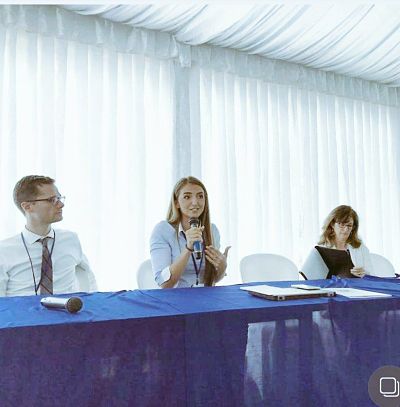
In addition, HEAL submitted a voluntary commitment entitled “Highlighting the health impacts of pollution to end fossil fuel subsidies” to send a message to leaders gathering at the UN Environment Assembly. During the Assembly itself, these commitments were advertised to environment ministers and other participants on screens throughout the UN compound.
Ministerial declaration of UNEA3: ’Towards a pollution-free planet’
Environment ministers united against pollution and agreed on the ministerial declaration in Nairobi. The declaration sets out commitments and a road map to strengthen legislation to fight pollution, support research and bolster international cooperation. It states the urgency to act: the threat is already being upon us with pollution is cutting short the lives of millions of people every year. The declaration sets out 14 action points to undertake in order to prevent, mitigate and manage the pollution of air, land and soil, freshwater and oceans.
13 non-binding resolutions adopted by delegations at UNEA3
After many dialogues between, and input by stakeholders, delegations at UNEA3 also adopted 13 non-binding resolutions in the Assembly. These resolutions include action points on how to tackle pollution ranging from marine litter and microplastics, to cutting air pollution, strengthening protections for water ecosystems and eliminating lead from paint and batteries.
Specifically, the EU’s resolution on Environment and Health can be found here. This EU resolution addresses the strong inter-linkages between environment and health, including health inequalities, and the importance to address them jointly. It furthermore underlines the need for applying the precautionary approach, and welcomes the growing recognition of pollution exposure as a key risk factor contributing to premature deaths from non-communicable diseases. HEAL will continue to highlight these resolutions and hold governments accountable in our work in the European region and beyond and work closely with the Non Communicable Disease (NCDs) community and HEAL member’s working on cancer, respiratory disease and primary prevention.
